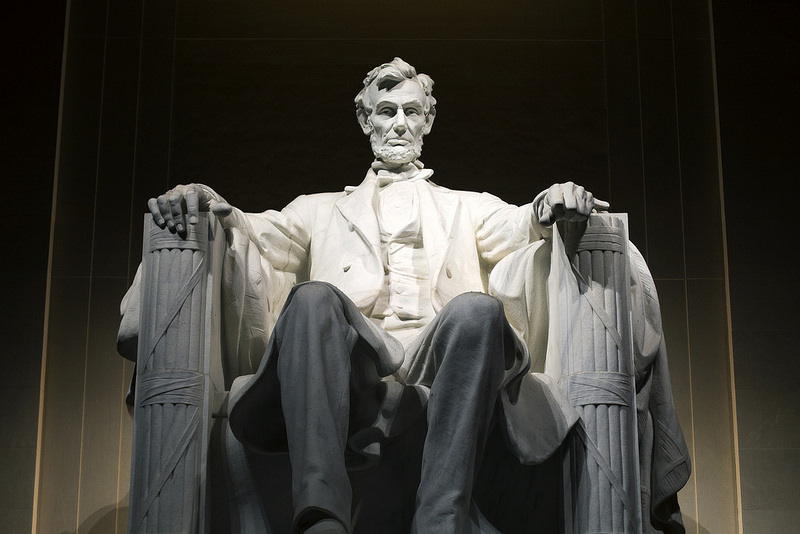| No matter how far America travels down the roads of time, the Civil War never seems too far behind. Tuesday will mark the 150th anniversary of the evening when a delightfully funny stage production turned into an assassination tragedy. What happened at Ford’s Theatre the night President Abraham Lincoln was shot has come to symbolize the end of one conflict and the beginning of another — a post-war struggle pitting ancient prejudices against the search for a sense of national identity |
| | that continues today. But it may be that the things we don’t know about Lincoln’s assassination tell us more about ourselves than the things we think we know. New York University history professor Martha Hodes has written a new book, “Mourning Lincoln,” that delves into how Americans really reacted to news that the president was dead. She dives into the dusty pages of personal journals, long-forgotten news accounts and other sources, and what she finds is not always pretty. The sanitized and long-accepted version of the days following the assassination is that the nation joined in universal mourning, with thousands paying respects to the train that carried the president’s body all the way to Springfield, Ill. That account is true, as far as outward appearances. In 1865, mourning took on an unmistakable public face, with black bunting, candles and other visible expressions of sadness considered politically correct. But not everyone mourned, even in the North. “Copperheads,” the northern Democrats who opposed the war, and some Republicans who had opposed Lincoln could barely contain themselves. “In Bloomington, Indiana, a woman declared her intention to ‘give a grand dinner’ to mark the occasion,” Hodes writes. “In Saint Peter, Minnesota, a young woman told a Union soldier that she ‘expected to have a good time’ at a local ball ‘because Lincoln was killed’ (the man promptly withdrew his invitation). In Boston, an Irish cook made her politics known in front of her employer by ‘laughing all day’ when the news arrived.” And when they couldn’t contain themselves, trouble often followed. “From the Boston area came stories of a store mobbed and cleaned out, a man tarred and feathered, people ‘roughly handled,’ factory workers assaulted by fellow laborers. Word came that a man joking that Lincoln ‘had as much brain now as he ever had’ was nearly killed by a mob.” Reading this book, it’s hard not to imagine how modern social media might have inflamed the situation. The 21st century so far has been filled with political venom that courses through the arteries of cyberspace like poison. We tend to wring our hands and lament the loss of civility and decency, and with good reason. But to a modern observer, the mid-19th century feels like familiar and comfortable territory. Imagine if the lament a Southern woman wrote in her diary about trains being delayed had been placed in the form of a tweet and sent out to a world reeling from news of the assassination. The trains were stopped while authorities searched for assassin John Wilkes Booth, but all the woman could think about was how long it would take her to get from Philadelphia to Baltimore. “My troubles never cease,” she wrote. Imagine if such a tweet were read by the Baltimore mourner who, as Hodes recounts it, “Told of a man exulting over the assassination … wanted the offender ‘dangling from a lamp post.’” He might have been there with others to meet the train when it finally showed up carrying the inconvenienced woman. We may have difficulty today understanding a postwar setting in which Union authorities would shut down houses of worship because pastors refused to acknowledge the slain president in prayers, but current conflicts between religious adherents and gay marriage advocates show we aren’t too far removed from that aspect of the 19th century, either. The Civil War stands as a reminder that Americans are no strangers to conflicts, just as it also stands as a warning not to let those conflicts fester and grow. In an age when thoughts can go viral in an instant, like sparks in a tinder-dry forest, it is important to understand the past, to keep its lessons close. |


 RSS Feed
RSS Feed

